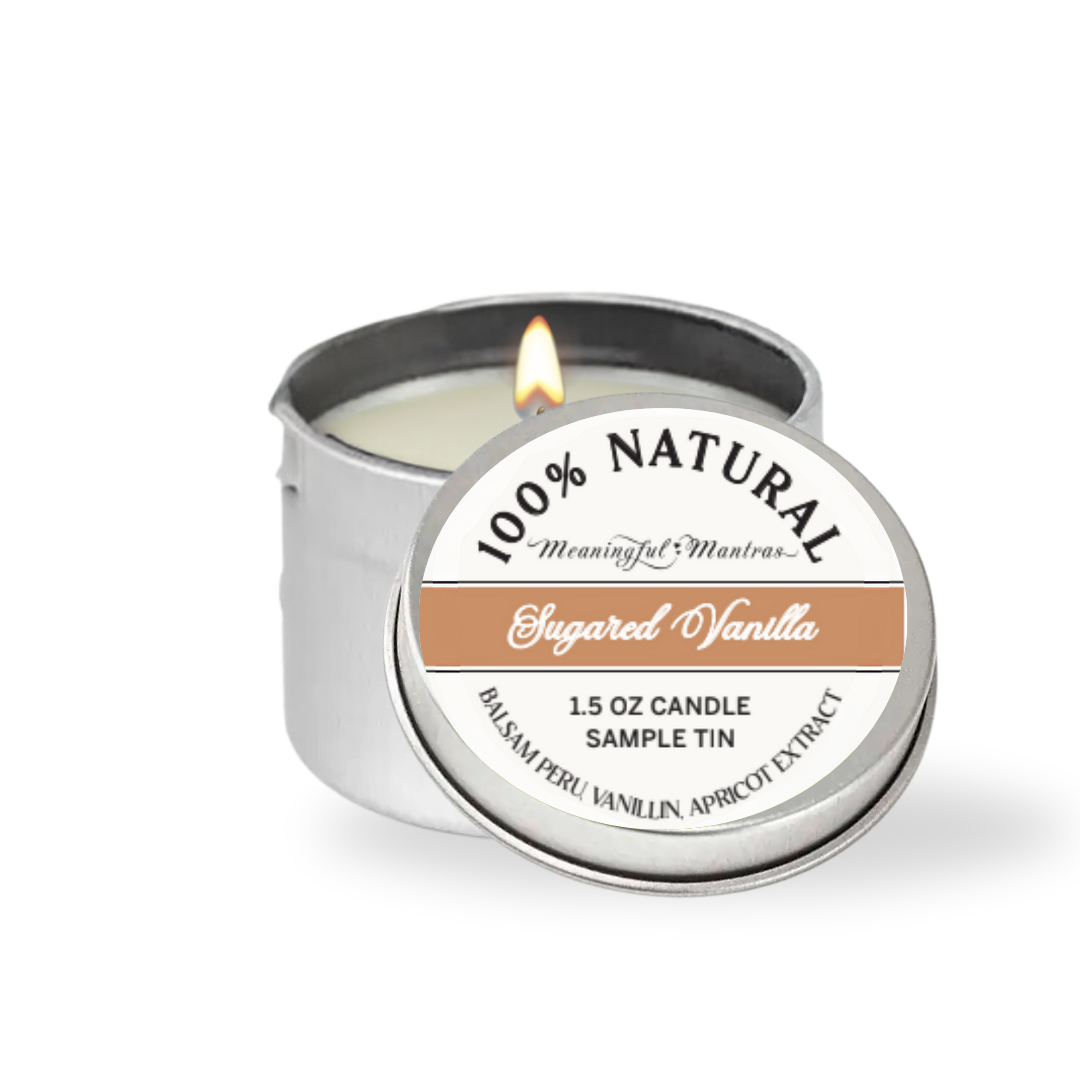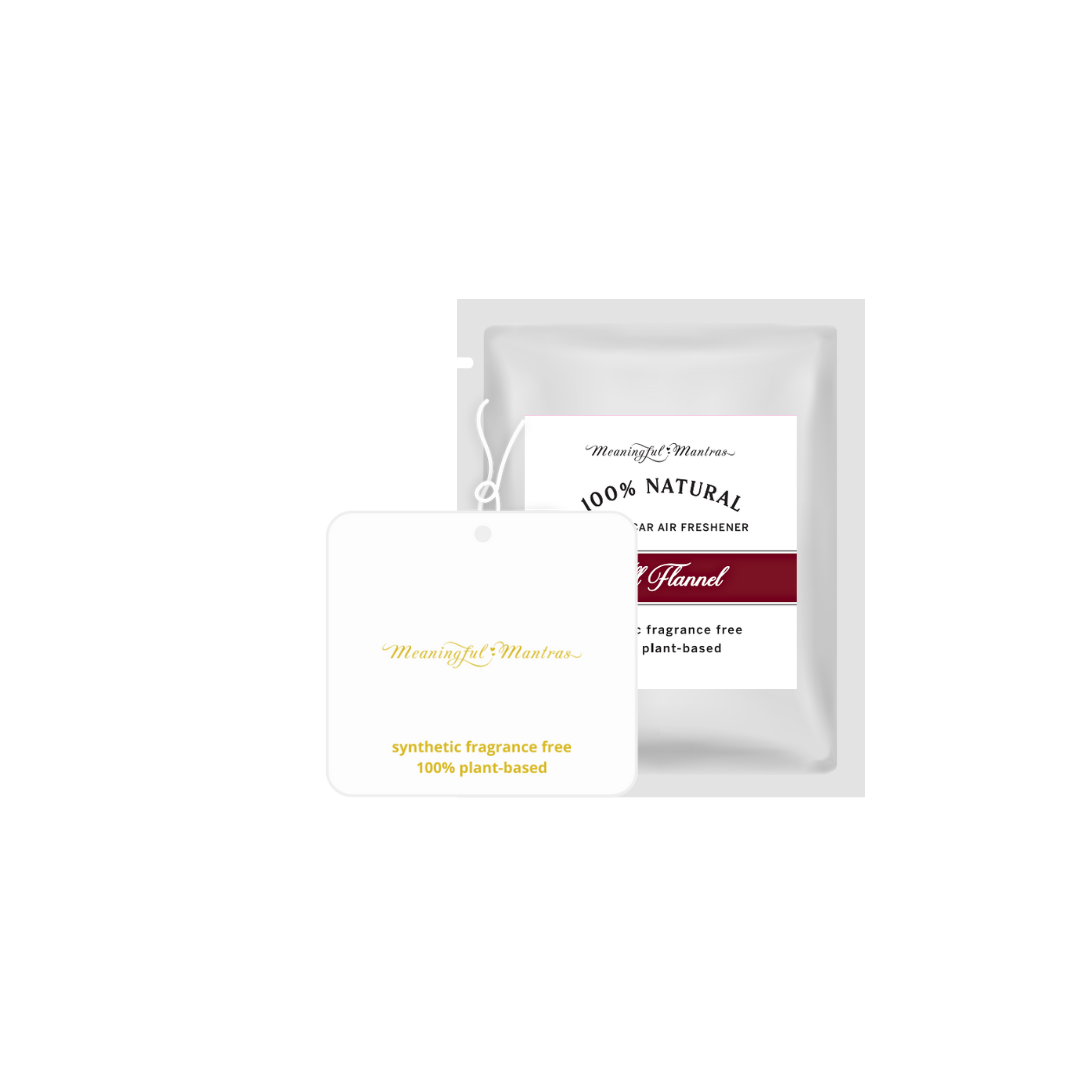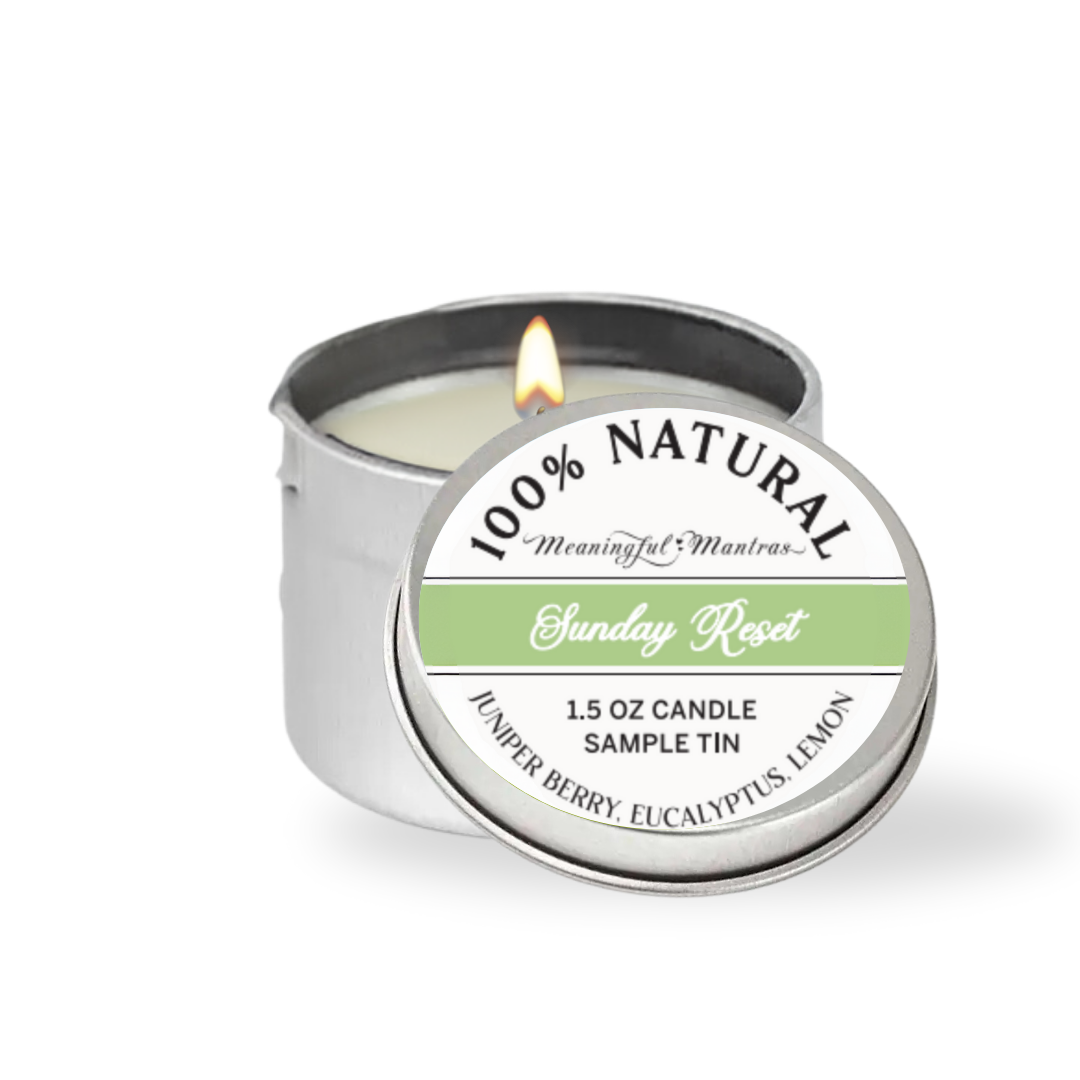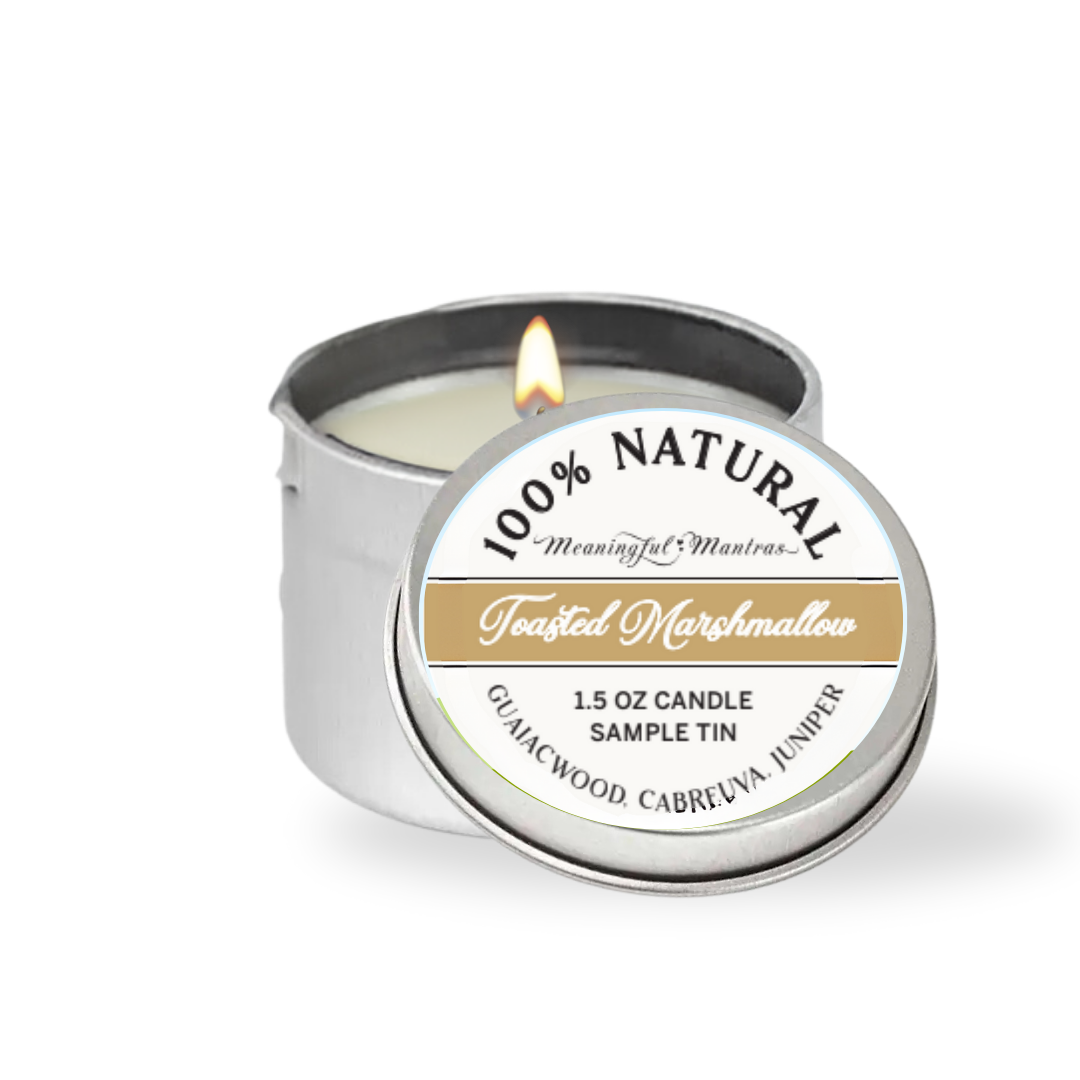Welcome to the enlightening world of organic coconut wax, a marvel of nature's ingenuity and a beacon for sustainable living. As we delve into the essence of this eco-friendly gem, we uncover its roots in the heart of coconut oil, transformed through mindful processes into a wax that champions both environmental sustainability and unparalleled quality in candle making. With its slow-burning, clean-burning, and exceptional scent-throwing capabilities, organic coconut wax is not just a choice but a statement for artisans and enthusiasts who prioritize a greener, healthier lifestyle without sacrificing the joys of a well-crafted candle.
Join us as we explore this wonderful wax's myriad possibilities, from its popularity among eco-conscious consumers to its versatile applications beyond candle making. Whether you're a seasoned candle maker, a skincare formulator, or someone who cares deeply about the planet, organic coconut wax opens up a world of possibilities worth exploring. Let's embark on this journey together, discovering how organic coconut wax is not just an alternative but the future of sustainable, quality products.
Future Possibilities for Organic Coconut Wax
The potential for organic coconut wax extends far beyond its current applications. Its eco-friendly and biodegradable nature opens up possibilities for innovative packaging solutions, potentially replacing plastics in packaging with a biodegradable, non-toxic alternative. In the food industry, it could serve as edible coatings to preserve freshness, offering a sustainable way to reduce food waste.
The textile industry could also benefit from its natural fabric softeners and waterproofing properties, providing an eco-conscious alternative to chemical treatments. As awareness and demand for sustainable products grow, organic coconut wax stands at the forefront of green innovation, promising a future where products are effective and kind to the planet.
| Potential Application | Description | Benefits | Current Research or Projects |
|---|---|---|---|
| Eco-Friendly Packaging Solutions | Replacing traditional plastics with organic coconut wax-based materials. | Reduces environmental pollution and dependence on fossil fuels. | Pilot projects exploring biodegradable films and containers for food and consumer goods. |
| Biodegradable Coatings for Paper and Cardboard | Organic coconut wax can be applied as a coating to enhance durability and water resistance. | Enhances recycling rates and reduces waste while maintaining compostability. | Studies on improving the lifespan of packaging materials without affecting recyclability. |
| Expanding Uses in the Food Industry | Use edible coatings to extend the freshness of fruits and vegetables. | Reduces food waste and offers an alternative to plastic wraps. | Ongoing research into natural preservation methods to extend shelf life without synthetic chemicals. |
| Potential in the Textile Industry | Development of natural fabric softeners and waterproofing treatments. | Offers a sustainable alternative to synthetic chemical treatments, enhancing fabric longevity and performance. | Initiatives to incorporate organic coconut wax in eco-friendly fabric care and finishing processes. |
As awareness and demand for sustainable products grow, organic coconut wax stands at the forefront of green innovation, promising a future where products are effective and kind to the planet.

What is Organic Coconut Wax?
Organic coconut wax is a natural wax derived from coconut oil, celebrated for its eco-friendly attributes and superior performance in candle making. Unlike traditional waxes, it is produced through a process that emphasizes environmental sustainability and the absence of pesticides, aligning with the growing consumer demand for green products. This wax stands out for its slow-burning quality, clean burn, and exceptional scent throw, making it a preferred choice for artisans and enthusiasts seeking a premium candle-making experience.
Its compatibility with essential oils and natural fragrances further enhances its appeal, offering a healthier and more environmentally conscious alternative to paraffin and some soy waxes. As awareness around the impact of consumer choices on the environment intensifies, organic coconut wax emerges as a compelling option for those looking to embrace a more sustainable lifestyle without compromising on quality or performance.
Why is Organic Coconut Wax Popular?
Organic coconut wax has gained popularity for its eco-friendly properties, making it a top choice for those looking to reduce their environmental footprint. Its ability to provide a cleaner burn compared to traditional waxes without releasing harmful toxins appeals to health-conscious consumers. Additionally, its support for sustainable agriculture by utilizing a natural byproduct of coconut oil production resonates with individuals advocating for ethical sourcing and environmental stewardship.
These factors combined make organic coconut wax a preferred material for creating products that support a greener, more sustainable lifestyle.
Preferred for Eco-Friendly Products
Organic coconut wax is favored for its minimal environmental impact, making it the go-to option for eco-conscious consumers and producers. It's natural origin ensures that products made with it are kinder to the planet.
Offers a Cleaner Burn
Unlike paraffin wax, organic coconut wax burns cleanly and emits significantly fewer pollutants. This makes it a healthier choice for indoor air quality, appealing to those who prioritize wellness and a toxin-free environment.
Supports Sustainable Agriculture
The production of organic coconut wax promotes sustainable farming practices. By utilizing coconuts—an easily renewable resource—a farming system that supports ecological balance and conserves biodiversity is encouraged.

How is Organic Coconut Wax Made?
Organic coconut wax is crafted from cold-pressed coconut oil, a meticulous process that ensures the coconut's natural characteristics and purity are preserved. This oil is then blended with other natural waxes, such as soy and beeswax, to enhance its stability and burning qualities, ensuring a high-quality, sustainable wax ideal for various applications. The blending process is carefully calibrated to achieve the perfect balance, enhancing the wax's performance while maintaining its eco-friendly credentials.
Derived from Cold-Pressed Coconut Oil
The journey of organic coconut wax begins with cold-pressed coconut oil, extracted at temperatures below 120°F to ensure that the coconut's natural characteristics, nutrients, and purity are retained. This method, distinguished by its low-heat and chemical-free process, highlights a commitment to environmental sustainability and product quality, preserving the oil's beneficial properties and ensuring a superior wax base.
Blended with Other Natural Waxes for Stability
To optimize its performance, organic coconut wax is blended with other natural waxes, such as soy wax, known for its stable burn, and beeswax, celebrated for its natural fragrance retention. This strategic combination improves its stability and burning quality and enhances the wax's environmental benefits, making it suitable for a wide range of eco-friendly applications. The choice of blending partners is carefully considered to maintain the wax's non-toxic and biodegradable nature, ensuring a product that is as kind to the environment as it is effective in use.
Benefits of Using Organic Coconut Wax
Organic coconut wax offers several advantages, making it a superior choice for candle-making and other applications. Its cleaner burn compared to paraffin means it releases fewer toxins, contributing to a healthier indoor environment. Additionally, it boasts a longer burning time than soy wax, providing more value and extended enjoyment of scented products.
Being non-toxic and biodegradable, it aligns with eco-friendly practices, supporting a sustainable lifestyle without sacrificing quality or performance. These benefits collectively enhance its appeal to consumers and producers alike, who prioritize health, sustainability, and efficiency.
Burns Cleaner than Paraffin
Organic coconut wax is known for its clean-burning properties. It emits far fewer toxins and pollutants than paraffin wax, making it an environmentally friendly and healthier choice for indoor air quality.
Longer Burning Time than Soy Wax
Compared to soy wax, organic coconut wax offers a longer burning time, allowing candles to last longer and provide more hours of fragrance and light. This efficiency makes it a cost-effective and sustainable option.
Non-Toxic and Biodegradable
Organic coconut wax is non-toxic and biodegradable, safe for the environment and home use. It breaks down naturally, reducing waste and promoting a greener lifestyle.
Challenges with Organic Coconut Wax
Despite its benefits, organic coconut wax faces challenges, including a higher cost than soy or paraffin wax, which can be a barrier for some consumers and producers. Additionally, there are limited suppliers and seasonal availability of the raw material, which can lead to inconsistencies in supply and potentially impact production schedules. These factors necessitate careful planning and budgeting for businesses and enthusiasts looking to use organic coconut wax in their products.
| Challenge | Description | Details |
|---|---|---|
| Higher Cost than Soy or Paraffin Wax | Organic coconut wax typically has a higher price tag than conventional waxes like soy or paraffin. | The increased cost is attributed to its sustainable sourcing, organic certification costs, and the more complex production process. For example, the cost of organic certification can significantly increase the overall price of the wax, as it ensures the wax is produced according to strict organic standards. Additionally, the cold-pressing process used to extract coconut oil, which is then converted into wax, is more labor-intensive and time-consuming than the methods used for extracting soy or paraffin wax, further contributing to the higher cost. |
| Limited Suppliers and Seasonal Availability | Limited suppliers and seasonal variations in coconut harvests often constrain the availability of organic coconut wax. | This can lead to challenges in consistent supply, affecting those who rely on this wax for their products. For instance, weather conditions can significantly affect coconut harvests, leading to fluctuations in the availability of organic coconut oil from which the wax is derived. Seasonal availability can vary, with certain times of the year producing less coconut oil due to adverse weather conditions, affecting the production capacity for organic coconut wax. |

Incorporating Organic Coconut Wax in Products
Organic coconut wax is an ideal ingredient for creating scented candles due to its excellent fragrance retention and even scent distribution, enhancing the overall sensory experience. Beyond candles, its moisturizing properties make it a valuable addition to skincare formulations, suitable even for sensitive skin. Furthermore, its non-toxic nature allows for innovative uses in natural lubricants, offering a safe alternative for various applications.
By integrating organic coconut wax into products, manufacturers can elevate product quality and align with eco-friendly and sustainable practices.
Ideal for Scented Candles
Organic coconut wax is perfect for creating non-toxic scented candles. It retains fragrance longer and distributes scent evenly, creating a more enjoyable and lasting aroma.
In Skincare Formulations
Organic coconut wax's moisturizing properties make it a beneficial ingredient in skincare formulations, providing deep hydration. Thanks to its gentle, natural composition, it is also suitable for sensitive skin.
In Natural Lubricants
Organic coconut wax is non-toxic and safe for various applications, including natural lubricants. Its natural origin ensures safety and compatibility with a wide range of uses. To further illustrate the effectiveness and versatility of organic coconut wax in products, the following table provides detailed examples of successful products and specific properties that make organic coconut wax ideal for these applications:
| Application | Benefits | Examples of Products | Specific Properties |
|---|---|---|---|
| Scented Candles | Excellent fragrance retention, even scent distribution | EcoCandle Co. "Serenity" Line, PurePlant Home Coconut Wax Candles | A high melting point ensures a longer burn time and better scent throw |
| Skincare Formulations | Moisturizing, suitable for sensitive skin | CocoKind Organic Matcha Face Moisturizer, Herbivore Botanicals Coconut Wax Lip Balm | Rich in fatty acids compatible with essential oils, it provides a smooth texture without clogging pores. |
| Natural Lubricants | Non-toxic, safe for various applications | Good Clean Love Almost Naked Lubricant, Sliquid Organics Coconut Wax-based Lubricant | Non-irritating and compatible with natural flavors and fragrances, it provides long-lasting lubrication without harmful chemicals. |
Future Possibilities for Organic Coconut Wax
The potential for organic coconut wax extends far beyond its current applications. Its eco-friendly and biodegradable nature opens up possibilities for innovative packaging solutions, potentially replacing plastics in packaging with a biodegradable, non-toxic alternative. In the food industry, it could serve as edible coatings to preserve freshness, offering a sustainable way to reduce food waste.
The textile industry could also benefit from its natural fabric softeners and waterproofing properties, providing an eco-conscious alternative to chemical treatments. As awareness and demand for sustainable products grow, organic coconut wax stands at the forefront of green innovation, promising a future where products are effective and kind to the planet.
Eco-Friendly Packaging Solutions
Organic coconut wax offers a path to eco-friendly packaging solutions, providing an alternative to traditional plastics that are harmful to the environment.
Biodegradable Coatings for Paper and Cardboard
It can be used to create biodegradable coatings for paper and cardboard, enhancing their durability and lifespan without compromising their recyclability.
Expanding Uses in the Food Industry
Organic coconut wax has potential in the food industry. It could serve as edible coatings to preserve the freshness of fruits and vegetables, reducing food waste.
Potential in the Textile Industry
In the textile industry, organic coconut wax could be utilized for its natural fabric softeners and waterproofing properties, offering a sustainable alternative to synthetic chemical treatments.













